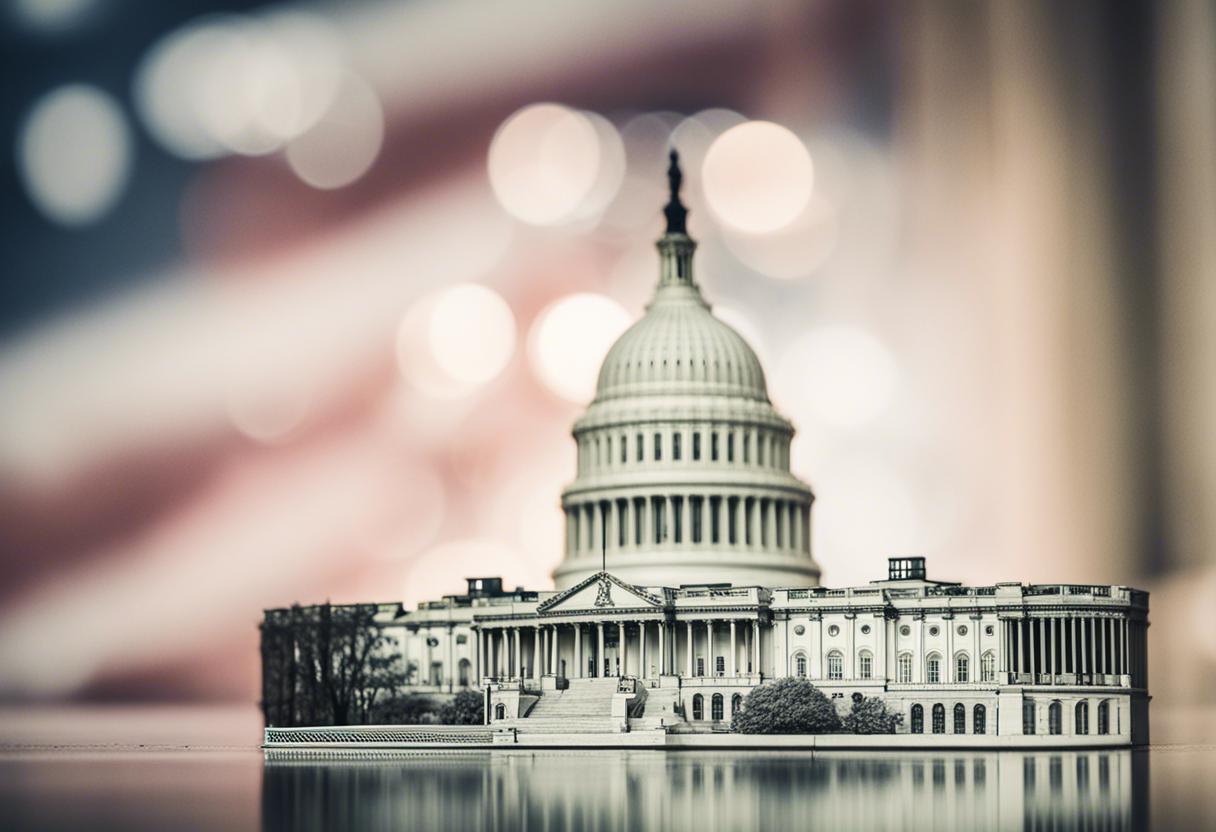Kamala Harris is setting her sights on raising the US corporate tax rate to 28 per cent if she secures victory in the November White House race. This controversial move, aimed at drawing more revenues from the corporates of America, will likely face backlash from the business community.
Her intent to remain consistent with President Joe Biden’s recent plan, which suggests a rise in the corporate tax from 21 per cent to 28 per cent, was confirmed by Harris’s presidential campaign on Monday. The vice-president’s statement came alongside the unveiling of her economic strategies, ahead of her formal accepting the Democratic presidential nominee slot at this week’s party convention in Chicago.
In stark contrast to her opposition, Republican nominee Donald Trump, Harris’s tax strategy for businesses includes a proposed increase. Trump, on the other hand, plans to reduce the corporate tax rate to a mere 15 per cent. Harris’s strategy would consequently place the US’s corporate tax rate higher than the UK’s – currently at 25 per cent – making it one of the loftiest amongst developed economies.
According to a Harris campaign representative, her proposal is a “fiscally responsible solution for putting more money into the pockets of wage earners while making sure billionaires and large companies pay what they owe.” They are keen to distinguish from Trump’s radical Project 2025 agenda which could ramp up the deficit, lay an increased tax burden of $3,900 on the lower-income earners, and potentially trigger a recession.
Just last week, Harris voiced her intention to reduce taxes for middle-class families – including those with children – and pull in first-time homeowners via incentives. She’s also targeting food and grocery companies for their price-gouging practices in her effort to address the predominant concern amongst voters: the high cost of living.
The possible increase in corporate tax could provide the US government with more funds for other initiatives. However, Harris has yet to state how this potential extra revenue would be allocated.
As she commits to Biden’s objective of hiking the corporate rate, Harris is likely gearing up for a rigorous legislative struggle next year. The issue is the ending of broad tax reductions put into action by Republicans in 2017. The reductions brought down the corporate tax rate from a peak of 35 per cent to its current 21 per cent. The resolution to this dispute will depend as much on which party controls Congress as on who claims the presidency.
Despite the considerable dip in the corporate tax rate post-2017, corporate tax revenues are now greater than when the tax rate was higher, partially due to increased profits.
The Business Roundtable, a business lobbying body, has calculated that Trump’s 2017 tax modifications resulted in a comeback of international profits to the US worth $2.5 trillion. The group has recommended that the maximum corporate income tax rate should not exceed 21 per cent.
If the Democrats don’t manage to reclaim the House of Representatives and maintain their Senate majority, Mrs Harris will find it challenging to implement a hike in the corporate tax rates due to resistance from Republicans on Capitol Hill.
© Financial Times Limited 2024

